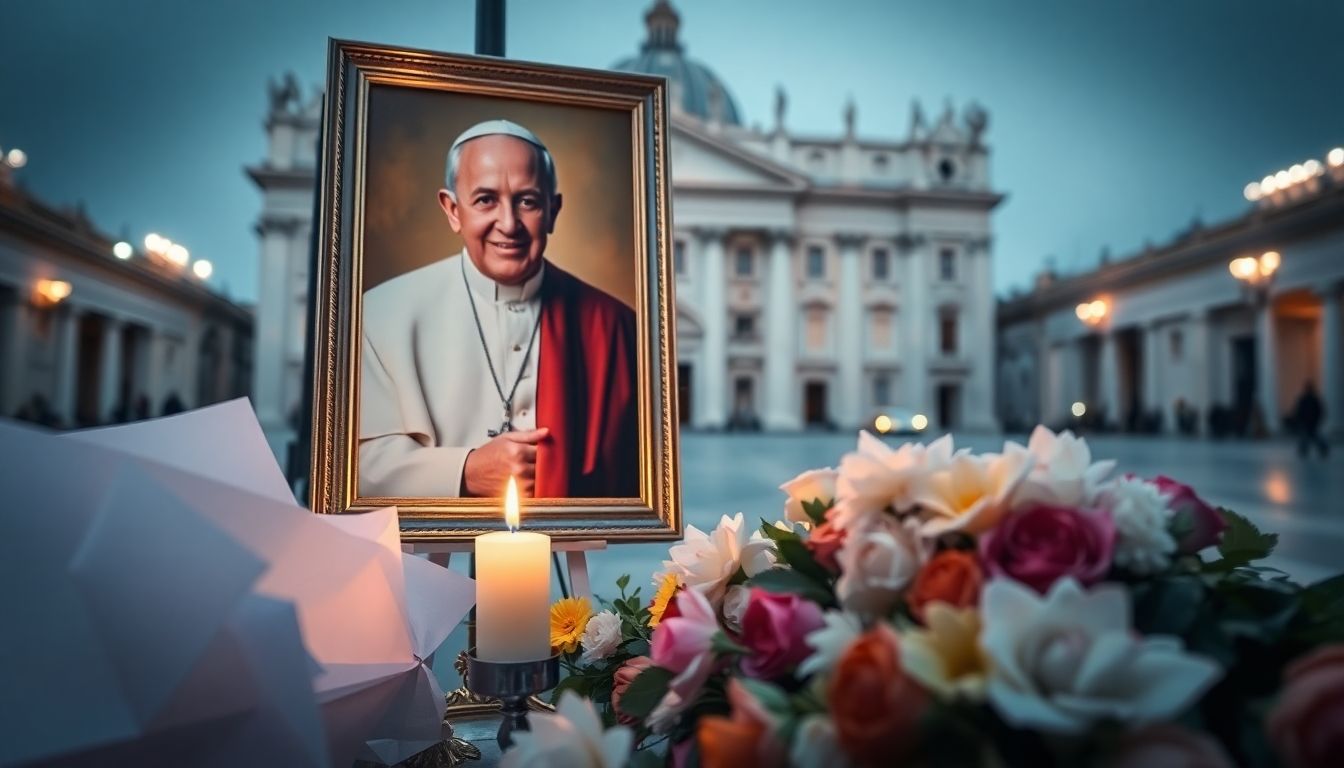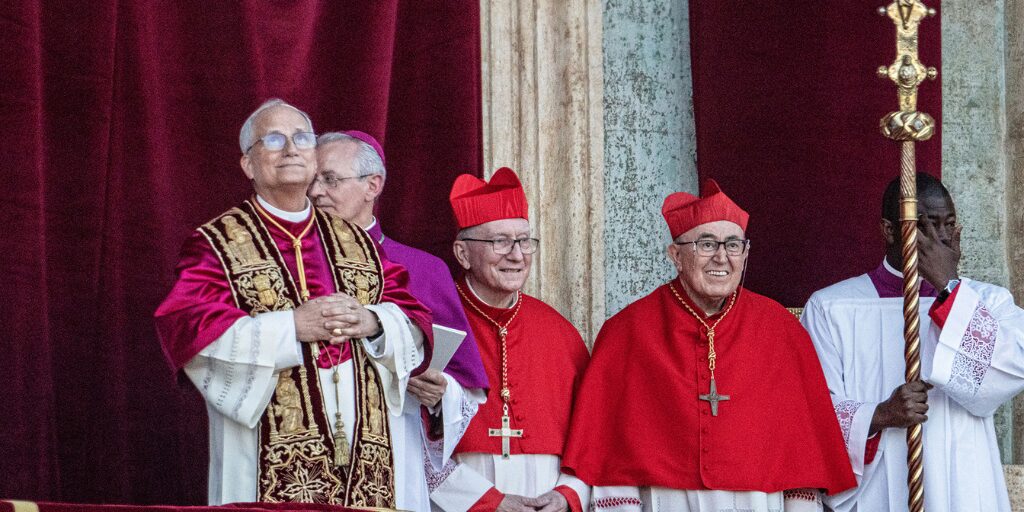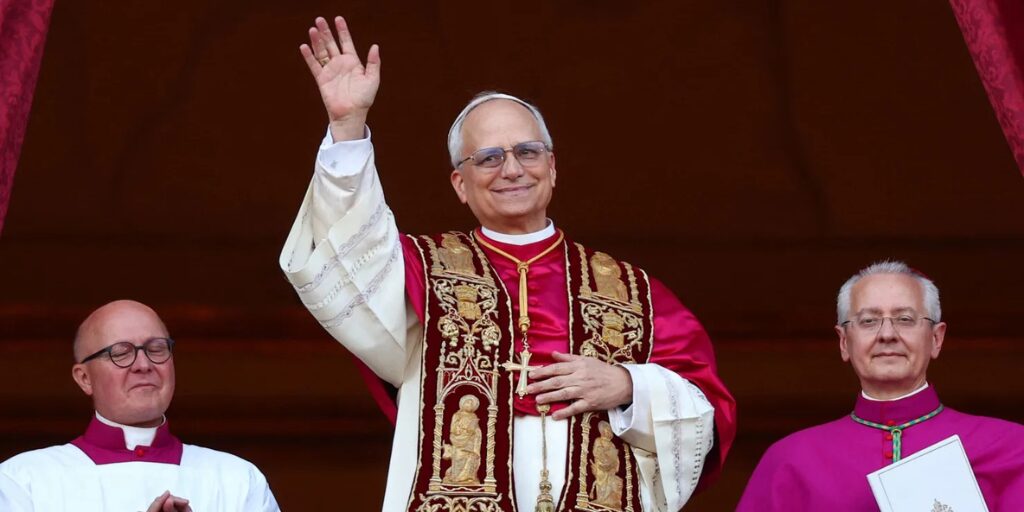Pope Francis, the first Latin American pontiff, passed away on April 21, 2025, at the age of 88, following a stroke and cardiovascular collapse. His death marks the beginning of a significant transition for the Catholic Church as cardinals prepare to elect his successor in a highly secretive conclave.
Key Takeaways
- Pope Francis died from a stroke and heart failure, with complications from previous health issues.
- The conclave to elect the new pope will involve cardinals from around the world, with a focus on maintaining or shifting the Church’s progressive direction.
- The election process is steeped in tradition, with a timeline that includes a period of mourning and public viewing of the pope’s body.
The Circumstances of His Death
Pope Francis died in his Vatican residence, Casa Santa Marta, early on the morning of April 21. The Vatican confirmed that he suffered a stroke, leading to a coma and subsequent death shortly thereafter. His health had been a concern in recent months, with previous hospitalizations for pneumonia and other complications.
The Mourning Period
Following his death, a nine-day mourning period known as Novendiales commenced. During this time, the pope’s body will lie in state, allowing the faithful to pay their respects. The funeral is expected to take place within six days of his passing, likely attended by dignitaries from around the globe.
The Conclave Process
The conclave, where cardinals will elect the new pope, is expected to begin between 15 to 20 days after Francis’ death. Here’s how the process works:
- Eligibility: Only cardinals under 80 years old can vote, currently numbering 136.
- Voting: Each cardinal writes the name of their chosen candidate on a ballot. A two-thirds majority is required to elect a new pope.
- Announcement: If a new pope is elected, white smoke will rise from the Sistine Chapel chimney, followed by the announcement of the new pontiff.
Potential Successors
Speculation about who will succeed Pope Francis is already underway. Some of the prominent candidates include:
- Cardinal Jean-Marc Aveline (France): Known for his progressive views and connection to Francis.
- Cardinal Peter Erdo (Hungary): A conservative figure who has maintained a dialogue with progressive factions.
- Cardinal Mario Grech (Malta): A proponent of Francis’ reforms, he has gained significant influence within the Church.
- Cardinal Luis Antonio Tagle (Philippines): Often referred to as the “Asian Francis,” he embodies a commitment to social justice.
The Church’s Direction
The election of the next pope will be crucial in determining the future direction of the Catholic Church. The cardinals’ choice may reflect a desire to continue Francis’ progressive agenda or revert to more traditional values. Key issues at stake include:
- Social Justice: The Church’s stance on issues like immigration, LGBTQ rights, and poverty alleviation.
- Handling of Abuse Scandals: The next pope’s approach to addressing the ongoing crisis of sexual abuse within the Church.
As the world watches, the Catholic Church stands at a crossroads, with the potential for significant change or a return to tradition depending on the cardinals’ decision in the coming weeks.




